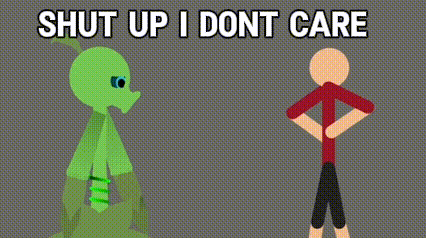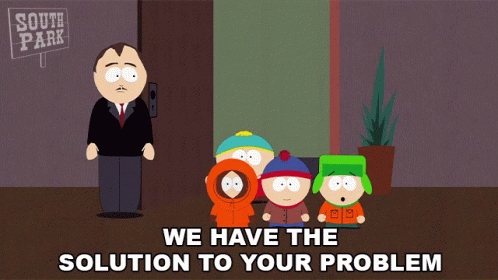As business owners, either online or local, you need to bring customers into your ecosystem. They've got to discover you, like you, and want to buy from you. And all this has to happen before you've even made a sale.
This can be one of the hardest parts of business, especially if you happen to be the face of your business. Because as a business owner, you think of your business as an extension of yourself.
This makes it so easy to project what we think our customers want, onto them. So we end up creating offers, services, promotions, and whatever else...
...just to have it all ignored.
In a way, that's part of the game. You can't hit a home run every time you decide to swing a bat, and every offer you create isn't going to bring in buckets of money.
But if you're striking out every time, that could indicate that you don't really understand your customer's wants and needs. Or maybe you're not making yourself clear in your messaging.
Either way, I've outlined three key things you need to keep mind when you're promoting your business.

Your customers don't care about you.
When I first started marketing my first business, I mistakingly believed that my customers cared about me. I thought that I mattered to them. So naturally, I talked about myself a lot in my promotional materials.
I talked about my qualifications, my business, and how lucky they'd be to work with me. But I found out that talking about myself didn't really yield great results for my business. Nobody really cared about me.
Maybe you're going through this same thing right now. You could be shouting from the hilltops about how great your business is, but nobody's listening. And that's because they don't care about you.
People only care about themselves. They care about what you can do for them. It's a rough truth. You almost don't want believe that your customers don't care about you, or your business. But you've got to understand your part in the customer journey.
As business owners, we're not a part of their story. We're just a tool that they use, and we've got to stay focused on how they can benefit from our relationship.

All of your customers have a problem.
Every single one of them. People don't spend their hard earned money, unless they have a problem that needs to be fixed. The bigger the problem, the more they're usually willing to spend.
So I no longer want you to think of yourself as a business owner. From now on, you're a problem solver. The only reason you exist is to solve problems for your customers.
Every business is a solution to a problem. If you're hungry, go to a restaurant. Bored? Go to a movie theater. Sad? Talk to a therapist.
You've got to find out which problem you're business solves. That's the very first step to successful marketing. If you're business doesn't solve any problems, that's probably why you're not doing very well.
Everyone wants a solution to their problems.
In counseling, we have what's known as the "million dollar question." When new people come into counseling, we usually ask them the same question starting out...
If you could wake up tomorrow, and your life would be perfect, what would that look like for you?
And then we take whatever they say, and use it as a jumping off point for therapy.
It works because everyone wants solutions for their problems, and everyone has problems. You just have to figure out what their problems are, and fix them.
If you've been in business for a while, you probably already know what problems your customers are facing. They probably talk about their problems all of the time. Focus on that. Don't talk about yourself. That'll only put people to sleep.
But also, don't harp on their problems too much either. It's okay if they want to talk about their problems, but you shouldn't do the same.
In marketing, we mostly focus on solutions.

How to position yourself as the solution. (They need a reason to pick you.)
The reason most businesses fail at marketing is because they aren't positioning themselves as a solution.
You've got to spell it out for your buyers....
- You have this specific problem? We'll fix it.
- You hate spending time doing this specific thing? We'll do it for you.
- You need this exact thing, but it's too expensive? We'll make it cheaper.
You don't want to be too vague when talking about your customers problems, because you want them to feel like you're addressing their needs directly.
I have a friend that is a real estate agent, but he never calls himself a real estate agent. He calls himself a "move up specialist." He helps his customers move up into bigger and better homes.
It's great marketing.
His clients have a problem because their houses feel too small for their lifestyle. They want a bigger house. Maybe they've had more kids, or just bought more stuff. Who do you think they're going to call? A regular ole' real estate agent, or a move up specialist?
Homework
- Make a list of all the problems your customers have. If you aren't sure what their problems are, then ask. Talk to a few of them, and ask them what they're struggling with.
- Write it all down. Look for common themes. Pick one or two big things that most people mention.
- Think about your solution to those specific problems. How would you position yourself, or your business as the perfect opportunity to help fix those problems for your customers.

